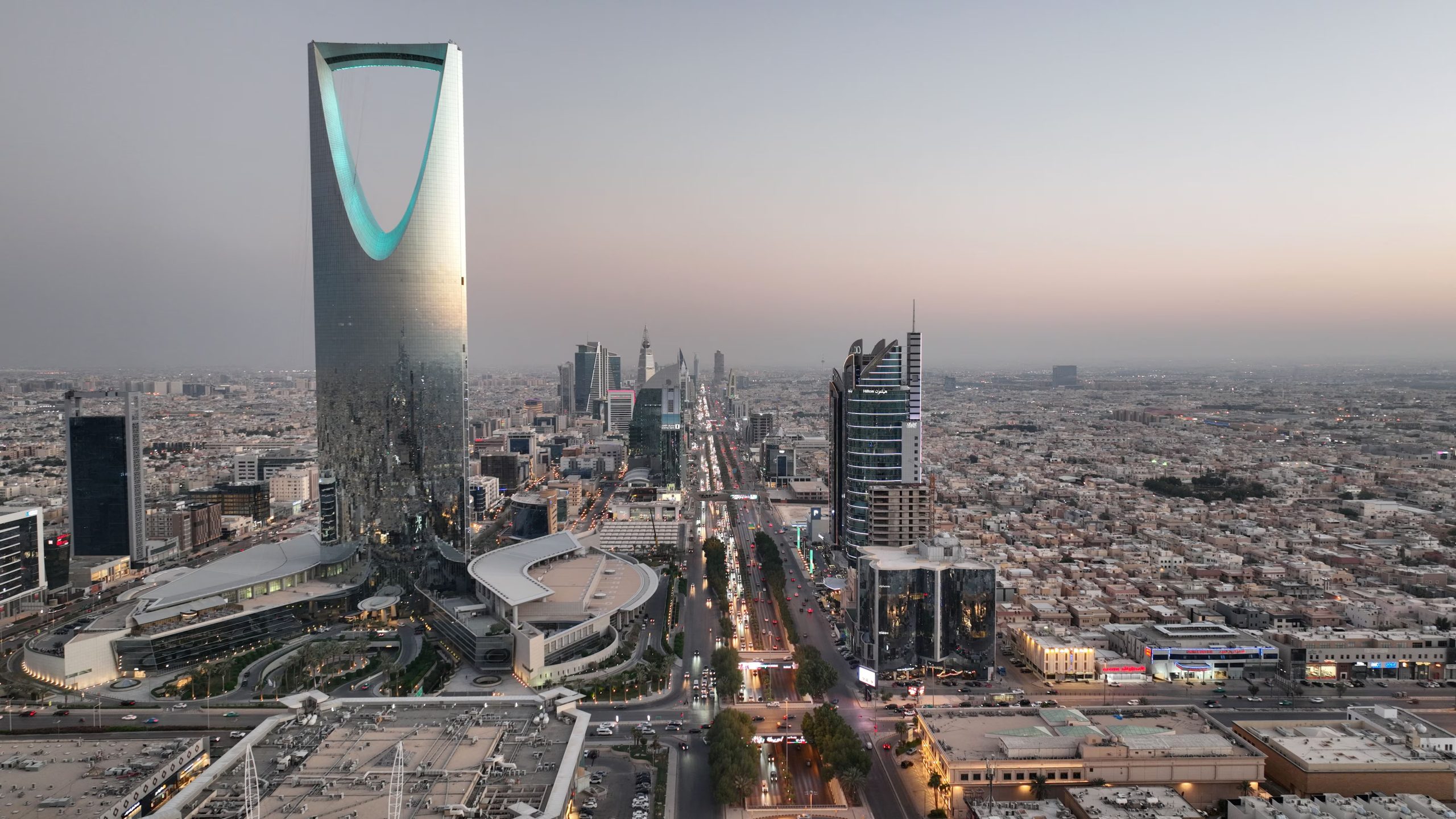
Kathmandu, Oct 22: Saudi Arabia has officially abolished the Kafala (sponsorship) system, a labor framework that long gave employers near-total control over foreign workers’ lives and rights.
Authorities have described the move as a landmark step toward improving migrant welfare and labor rights in the kingdom. The reform is expected to benefit around 13 million migrant workers, mostly from South and Southeast Asia.
“Kafala” means “sponsorship” in Arabic. The system, once entrenched in Gulf societies, made employers or kafeels (sponsors) responsible for foreign workers’ legal status. These sponsors controlled whether a worker could change jobs or seek legal help.
For decades, this system trapped laborers from Nepal, India, Pakistan, and other countries under harsh conditions. Without their sponsor’s permission, workers could not even return home.
Introduced in the 1950s, Kafala was designed to manage the flow of cheap foreign labor during the oil boom. Every migrant worker had to be tied to a local sponsor who controlled their residence, employment, and legal standing.
The system became a major source of abuse. Employers could confiscate passports, delay or withhold wages, and restrict movement. Workers could not change jobs, leave the country, or file complaints without their sponsor’s consent.
Human rights groups likened it to modern-day slavery, arguing it stripped workers of basic freedoms and left them vulnerable to exploitation.
Kafala faced growing international criticism from human rights organizations, the International Labour Organization (ILO), and foreign governments. They accused Gulf states of promoting forced labor and human trafficking under the guise of sponsorship.
About 42 percent of Saudi Arabia’s population—around 13.4 million people—are migrant workers employed mainly in domestic work, construction, and agriculture. Many come from Nepal, India, Pakistan, Bangladesh, and the Philippines.
Among the most affected were domestic workers, particularly women, who often lived in isolation with limited legal protection. Reports from global rights groups documented long working hours, unpaid wages, and abuse.
Saudi Arabia’s decision follows years of international pressure for reform and mirrors similar steps taken by Qatar, which changed its labor laws before hosting the 2022 FIFA World Cup.
Ending the Kafala system is part of Crown Prince Mohammed bin Salman’s Vision 2030 plan to diversify the Saudi economy, reduce oil dependency, and project a modern image globally.
Under the new framework, the country will move to a contract-based employment model that grants workers more autonomy. Migrant employees can now change jobs without their sponsor’s consent and leave the country without requiring an exit visa or employer approval—lifting restrictions that once fueled widespread abuse.
Access to labor courts and complaint mechanisms has also been expanded, allowing workers to report violations and seek justice more safely.
People's News Monitoring Service








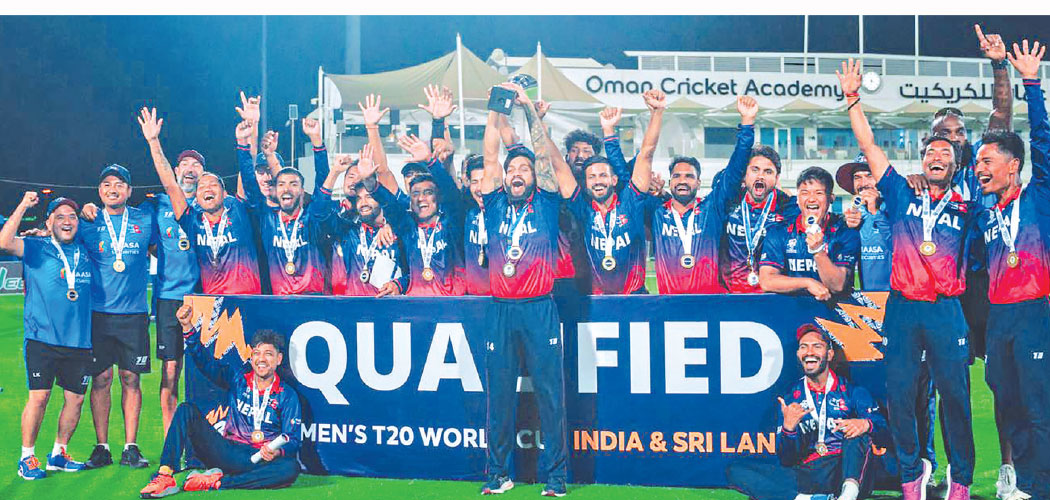
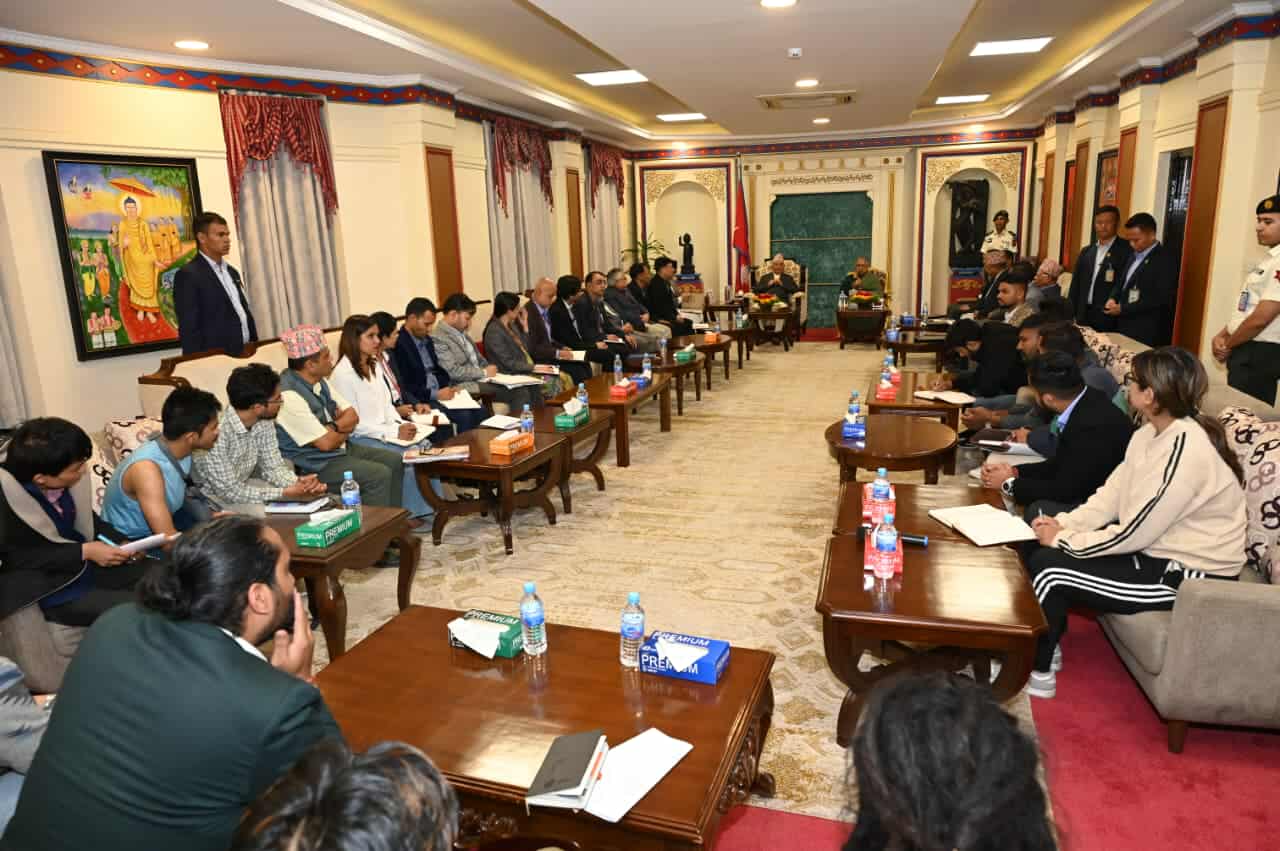
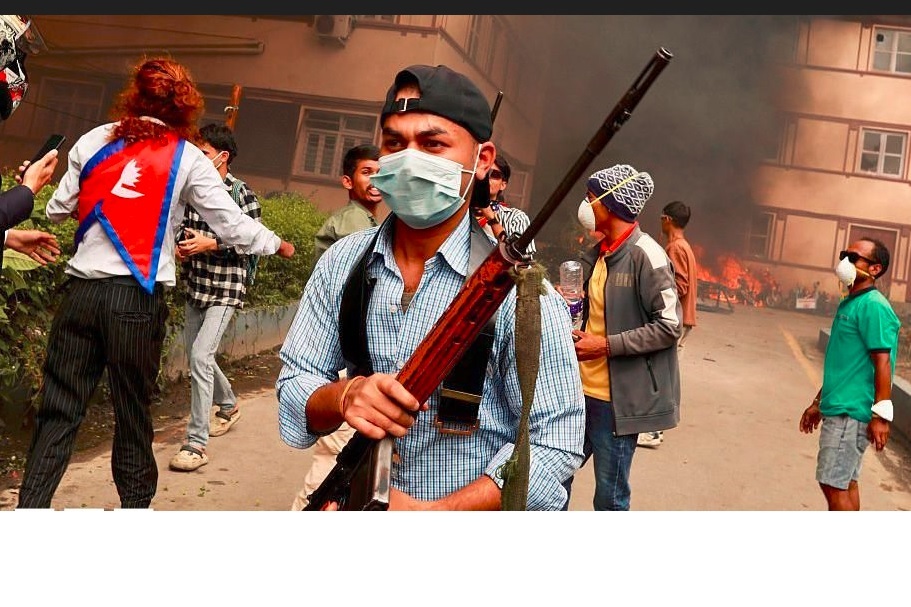
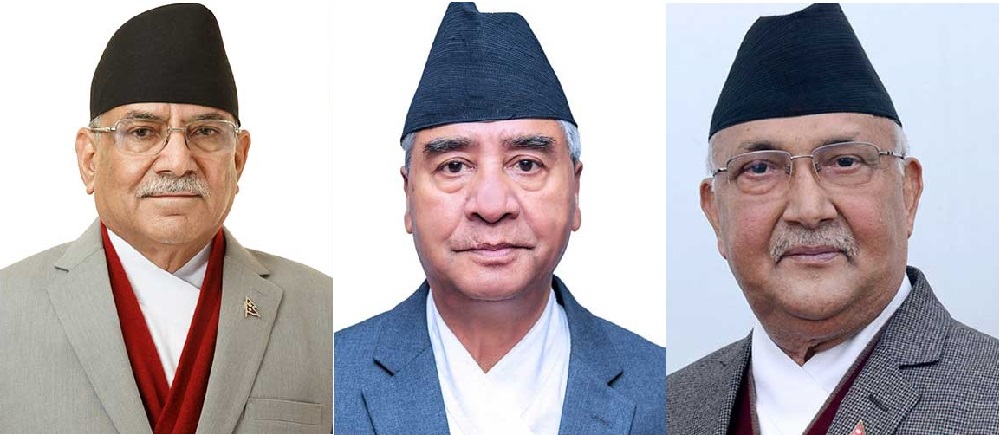







Comments:
Leave a Reply